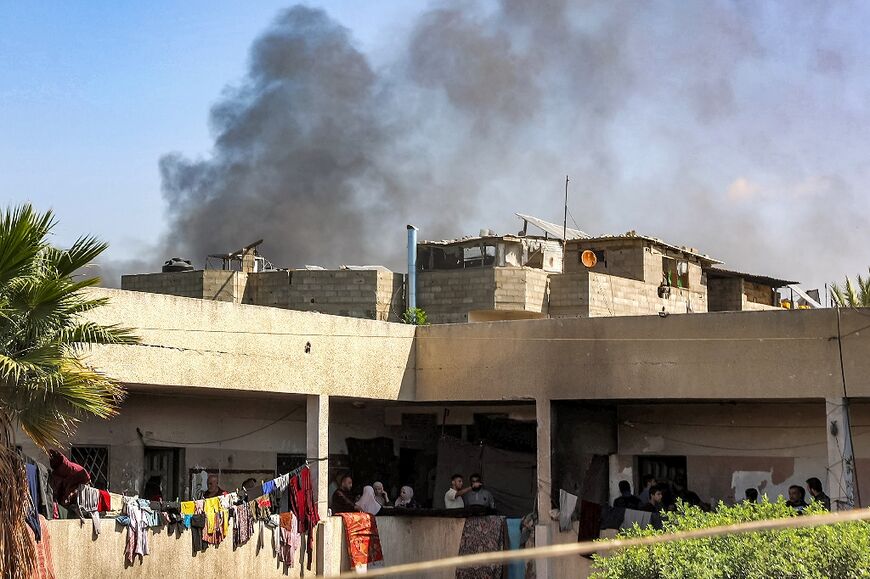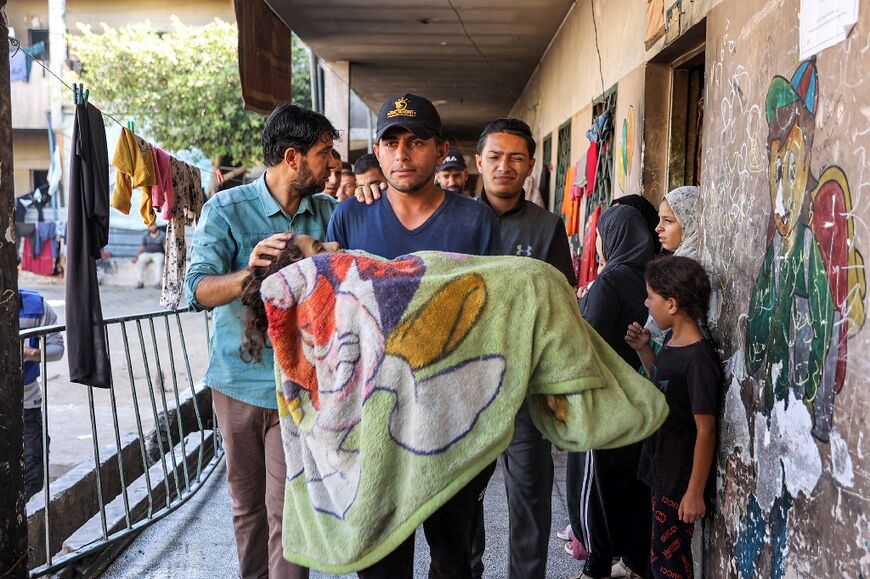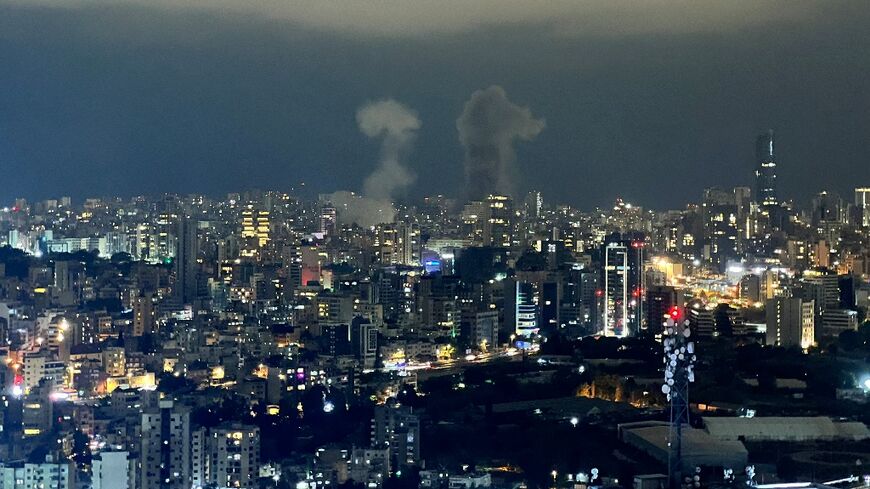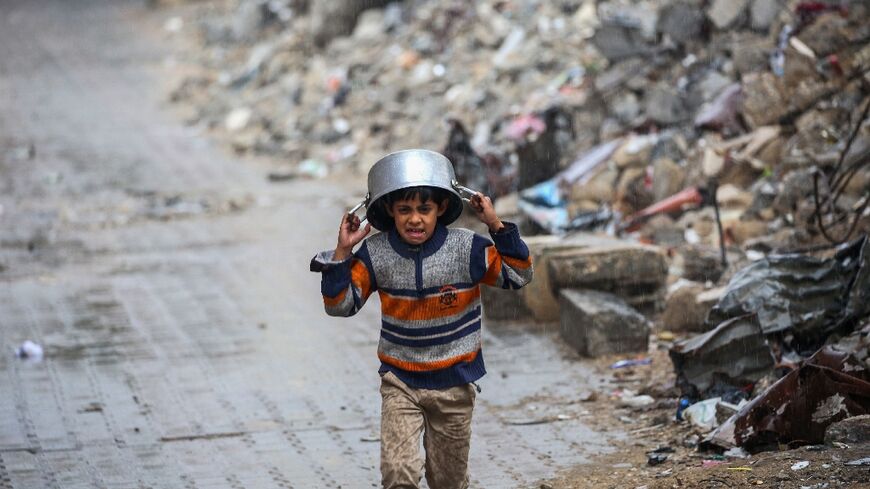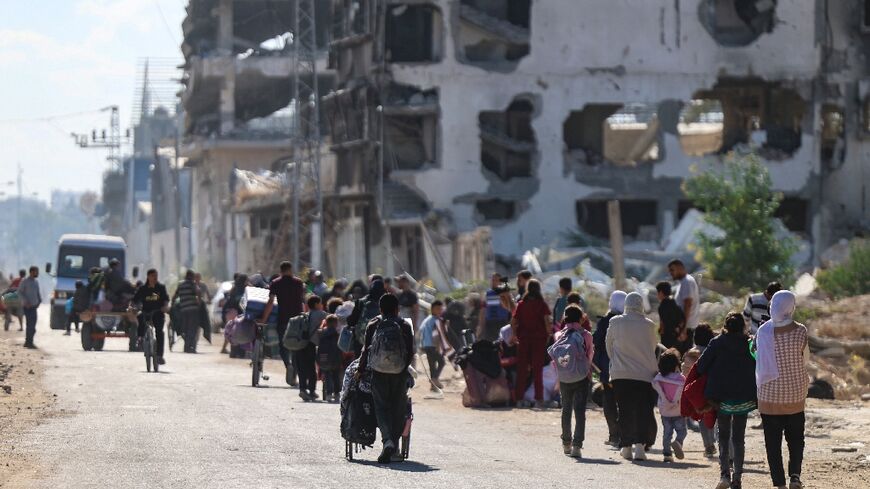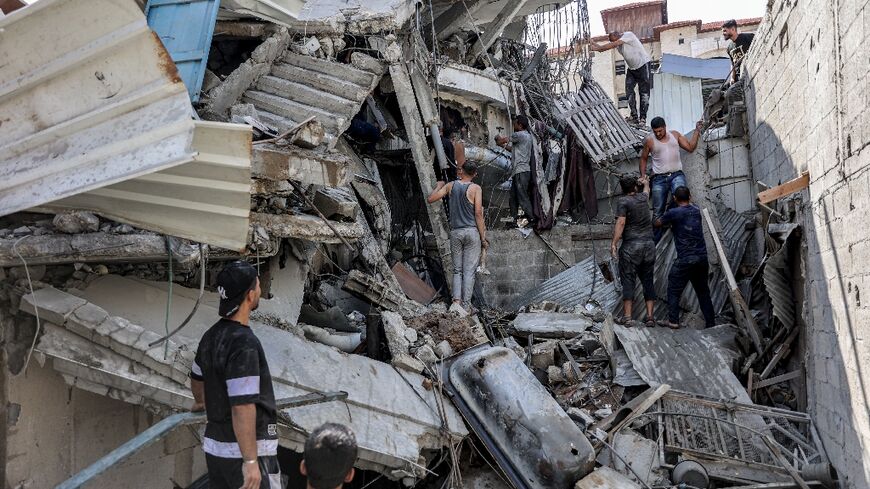Civilians flee Gaza's Jabalia in tightening Israeli siege
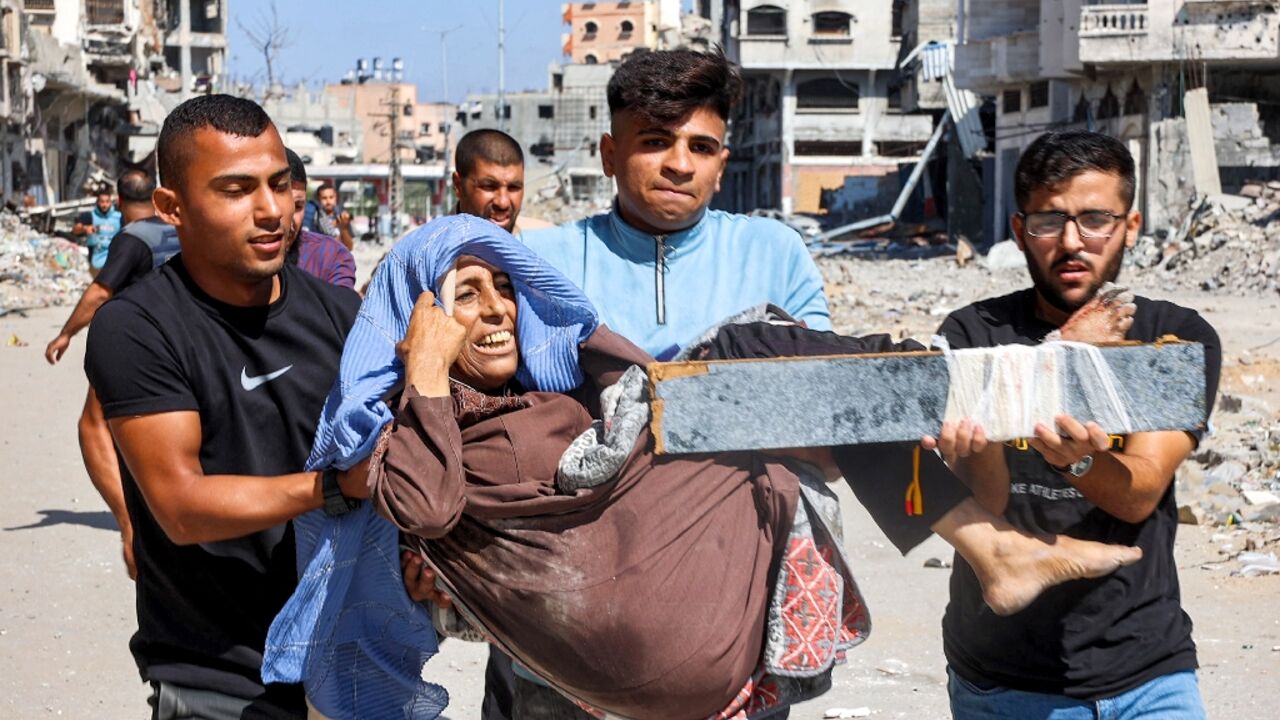
Civilians fled heavy bombings in northern Gaza on Thursday as Israeli troops advanced on Jabalia refugee camp, leaving many trapped in the line of fire.
"The bombardment has not stopped. Every minute there are shells, rockets and fire on the buildings and everything that moves", Areej Nasr, 35, told AFP after fleeing from Jabalia camp to Gaza City Thursday.
She said those wounded in strikes could not be rescued.
"No ambulance has arrived, and no one is assisting the wounded. There are dozens lying on the ground," Nasr said.
The Israeli army, which said it had surrounded Jabalia over the weekend, issued new evacuation orders on Tuesday, telling residents to leave the camp and the entire Jabalia district around it.
Despite a year of strikes and fierce fighting, analysts say Hamas is regrouping.
Gaza's civil defence agency said they currently cannot currently reach the wounded and dead in Jabalia, saying access is too complicated and dangerous at the moment.
"Many reports reach our teams, but unfortunately, we cannot access them, either because the area is a red zone or because the Israeli occupation is targeting that area", civil defence spokesman Mahmud Bassal told AFP Thursday.
An AFP photographer in Jabalia Wednesday saw towering piles of rubble where buildings once stood, now littered with fragments of the belongings of former residents.
Several people took turns carrying a woman out of the camp by foot, her injured leg in a makeshift splint made of a broken piece of board salvaged from furniture.
The Israeli army on Thursday said it had "eliminated" more than 50 Palestinian combatants, "including those who fired anti-tank missiles toward the troops", and "located large quantities of weapons, including AK-47, an RPG, and ammunition".
Bassal said that at least 140 people have died in Jabalia alone so far during Israel's latest operation in the camp.
- Shortage of medical supplies -
Gaza City also suffered heavy artillery strikes, including on the Rimal neighbourhood on Thursday, defence reported.
Bassal said the Rimal Clinic, which houses displaced Palestinians, was struck in a strike, killing at least two and injuring many.
Amjad Aliwa, an emergency physician at nearby Al-Shifa Hospital, once the largest medical complex in Gaza, said that a wave of injured people arrived after the bombing.
"The majority of the injured are children and women, with severe and serious wounds, including burns", he told AFP, adding that "the number of injured is large, and our resources are limited".
He said that teams "do not have the most basic medical supplies and necessities", a reminder of the shortages that have hit the north of Gaza particularly hard since the start of the war.
Humanitarian organisations have complained that the drastic conditions brought about by current military operations have limited their work.
Louise Wateridge, spokeswoman for the UN's Palestinian refugee agency, UNRWA, said Thursday that "people have nowhere left to go, and the humanitarian space in Gaza continues shrinking."
She said that between October 8 and 10, "118 attacks have impacted the area, in contrast to a total of 140 incidents recorded there in the entire month of September."
She added that Jabalia refugee camp bore the brunt of these attacks, with 80.
The war in Gaza was sparked by Hamas's attack on October 7 last year, which resulted in the deaths of 1,206 people, mostly civilians, according to an AFP tally based on Israeli official figures, which include hostages killed and who died in captivity.
Israel's retaliatory military offensive has killed 42,065 people in Gaza, most them civilians, according to figures from the Hamas-run territory's health ministry that the United Nations has described as reliable.


